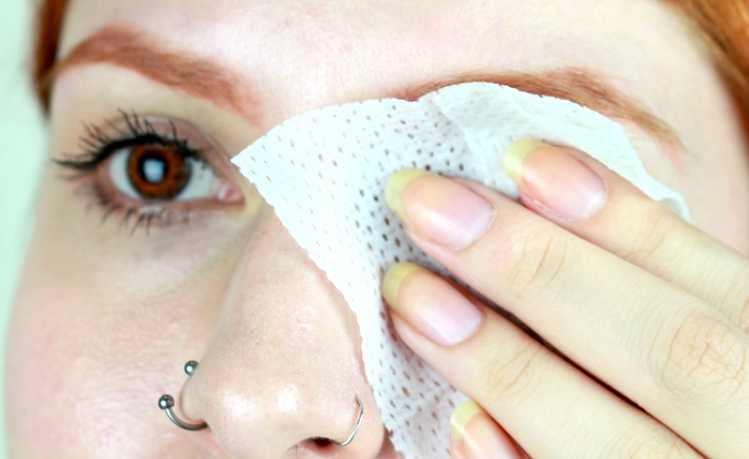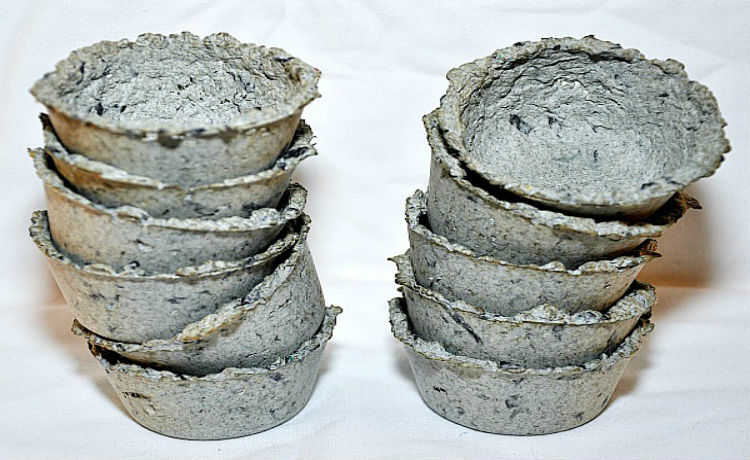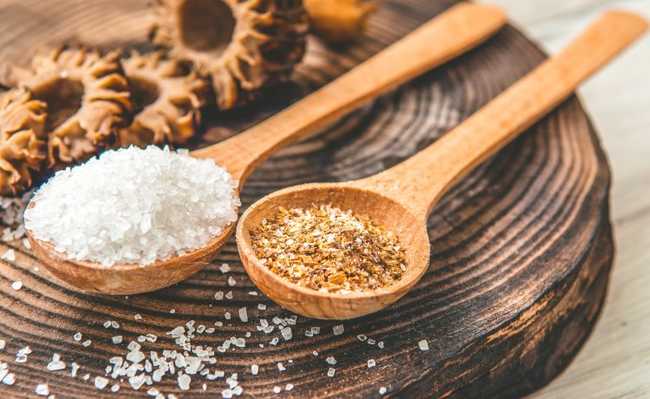Artichoke: what is it for?
Artichoke is used to make many delicious recipes and studies show its health benefits

Edited and resized image by Cristina La Carrubba, available on Wikimedia Commons
The artichoke is a plant native to the Mediterranean that belongs to the family composite. The term "artichoke" comes from the Arabic al-kharshûf, which means "thorny plant". Despite its origin, more specifically from the Maghreb, it is widely cultivated in Brazil and in some other regions of South America.
Brought in by European emigrants, artichoke is consumed in the form of capsules as an herbal product and, in nature, is present in many tasty dishes. Some studies have shown that artichoke extract can be an ally in the digestion and control of cholesterol, among other properties. Check out:
Nutritional information
| Nutrient | Value |
|---|---|
| Water | 84.94 g |
| Energy | 47 kcal |
| Protein | 3.27 g (6.54% of the IDR) |
| Calcium | 44 mg (3.4% of the IDR) |
| Magnesium | 60 mg (14.28% of the IDR) |
| Phosphor | 90 mg (7.2% of the IDR) |
| Potassium | 370 mg (7.9% of the IDR) |
What is the artichoke for
Inhibits the growth of bacteria
A study published by Brazilian Journal of Food Technology concluded that the aqueous and alcoholic extracts of artichoke tea have the property of inhibiting the growth of bacteria Staphylococcus aureus, Pseudomonas aeruginosa, Bacillus cereus and Bacillus subtilis. Another study, carried out in Brazil, also concludes that artichoke has a bactericidal action.
Of these bacteria, the first two (if they are overpopulated) can cause disease in humans. However, it is important to be aware that the aforementioned study analyzed the effects of artichoke tea extract in vitro. This means that tests are needed to prove the effects of artichoke tea on the human body.
It can be good for the kidneys and have an antitumor action
According to a study that analyzed the effects of artichoke extract cultivated in Brazil, the species Dendropanax cf. querceti has action against tumor cells due to the presence of lupeol, its main active compound. This substance also has an antioxidant action and protects the kidneys from the excretion of oxalates (substances that, in excess, can lead to the formation of kidney stones) and from exposure to cadmium.
The same study concluded that cinnaropicrin, a compound found in several artichoke species, when isolated, has inhibitory properties against tumor necrosis. According to the study, the effectiveness is comparable to the drug prednisolone, a potent anti-inflammatory.
Other analyzes cited in the study state that cinnaropicrin, in addition to its antitumor properties, has antimicrobial and antifungal action. However, it can cause allergic dermatitis, inhibition of platelet secretion, and cell toxic effects.
The limitation of these studies is that they looked at the effects of isolated substances. To conclude whether the consumption of artichoke is good for the kidneys and has an antitumor action in the human body, further analysis is needed.
It has antioxidant action and is good for cholesterol
The same study mentioned above concluded that flavonoids obtained from ethyl acetate and butanol fractions have several pharmacological actions, such as anti-inflammatory, antioxidant, hypolipidemic activities (serves to control cholesterol levels) and others.
Other research supports the claim that artichoke extract can help lower cholesterol levels.
The review article published in Plant Foods for Human Nutrition reports that artichoke extract can inhibit cholesterol synthesis, helping to lower total blood cholesterol levels as well as low-density lipoprotein (LDL) levels. like "bad cholesterol".
- Does altered cholesterol have symptoms? Know what it is and how to prevent it
An article published in Cochrane Database of Systematic Reviews it also confirms that artichoke extract can help lower cholesterol levels. But the authors caution that more research is needed.
Maintaining healthy cholesterol levels is important for overall health, especially heart health. High cholesterol can cause plaque to form in the arteries. This can lead to chest pain, heart attacks and strokes. If you have high cholesterol, your doctor will likely recommend that you eat a well-balanced diet and exercise regularly. He may also prescribe cholesterol lowering medications.
- Circulatory System Cleansing Foods: Myths and Truths
It can improve digestion and relieve stomach pain
Artichoke leaf extract contains high concentrations of a compound called cynarin. Some evidence suggests that it can help promote digestion.
According to a review article published in Plant Foods for Human Nutrition, O cynarin helps to stimulate the production of bile, a natural substance that helps the body to digest fats and absorb nutrients from food.
Some evidence suggests that artichoke extract may even help relieve stomach pain and irritable bowel syndrome symptoms.
Helps improve blood sugar levels
Artichoke extract supplements can also help regulate blood sugar levels, benefiting pre-diabetic people. If you have prediabetes, your fasting blood glucose levels are above normal.
- Diabetes: what it is, types and symptoms
A study published in Phytotherapy Research suggests that artichoke extract supplements may help lower blood glucose levels in overweight people. Participants who took the supplements showed improvements in their blood sugar levels. They also showed improvements in their cholesterol levels.
If left untreated, pre-diabetes can lead to diabetes, which in turn can increase the risk of many health problems, including kidney disease, heart disease, stroke and diabetic coma. If you are diagnosed with pre-diabetes, your doctor will likely encourage you to eat a well-balanced diet, exercise regularly, and lose excess weight.
Does it serve to lose weight?
Although some people claim that artichoke extract is for weight loss, these claims have not yet been supported by scientific studies.
To cut out “empty calories,” avoid foods that are high in processed sugar and unhealthy fats. Limit your consumption of fried foods, cookies, cakes, sodas and other sweets.
According to Mayo Clinic, high-fiber foods provide a greater feeling of satiety than low-fiber alternatives. They can satisfy the urge to eat for longer, which can help prevent overeating. For fiber-rich foods, take a look at the article: "Fiber-rich foods fight diabetes and high cholesterol."
To know how to lose weight healthy, without stopping eating, take a look at the article: "21 foods that help you lose weight healthy".
Did you find the topic interesting and did you feel like eating artichoke? Check out delicious recipes in the article: "How to make artichokes: seven recipes for cooking at home" and share this article.










